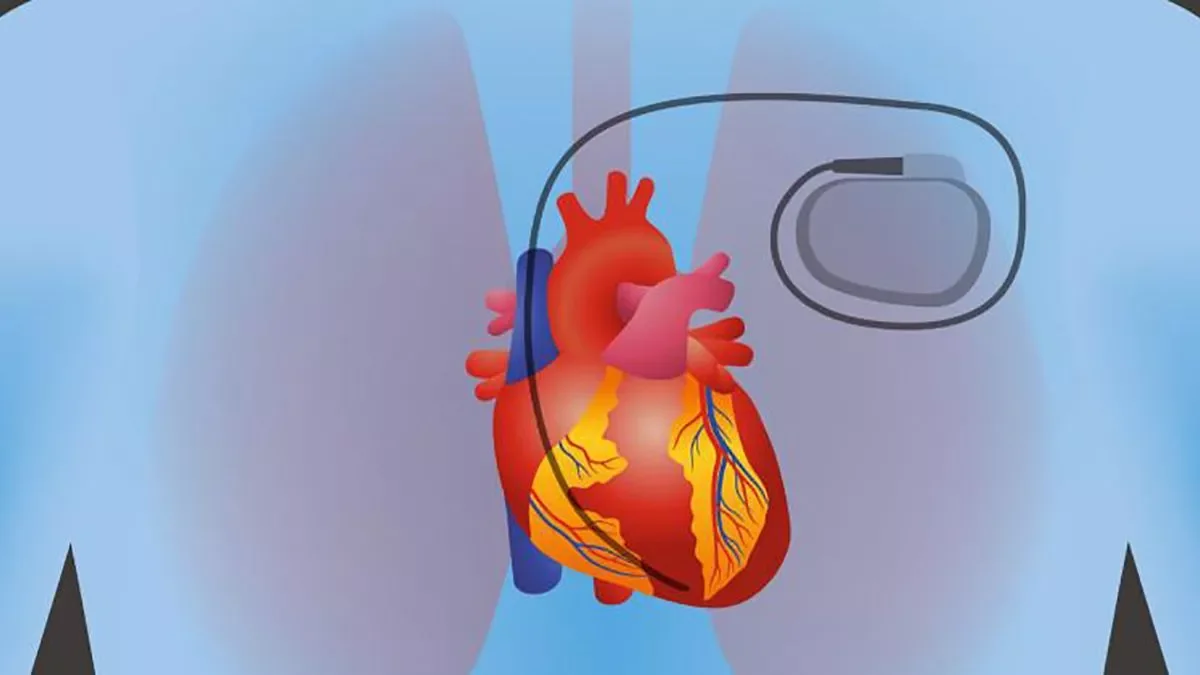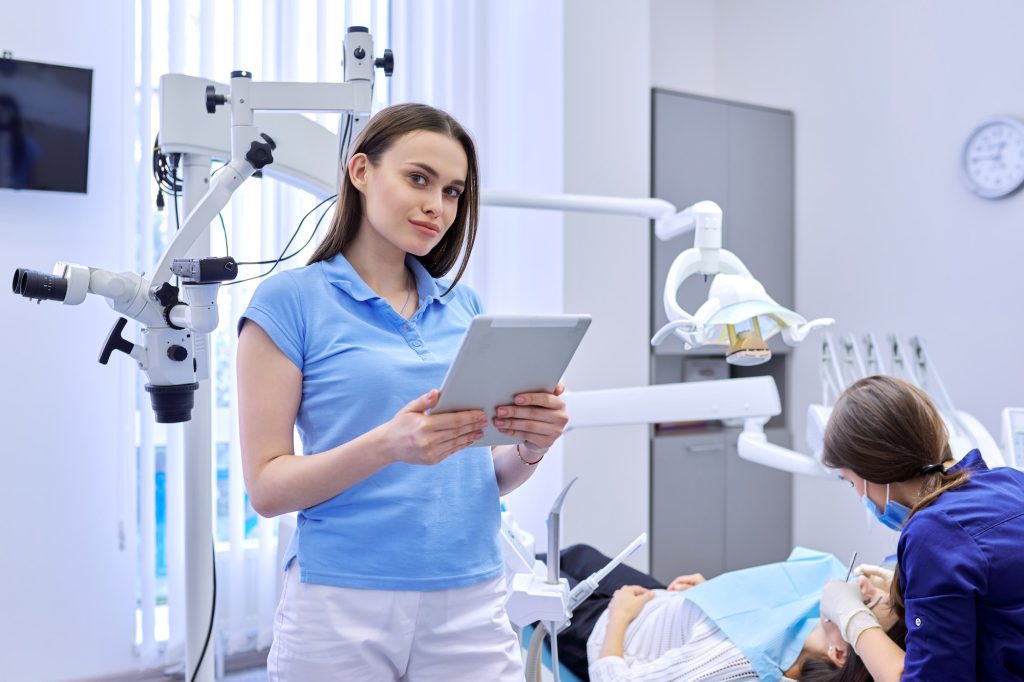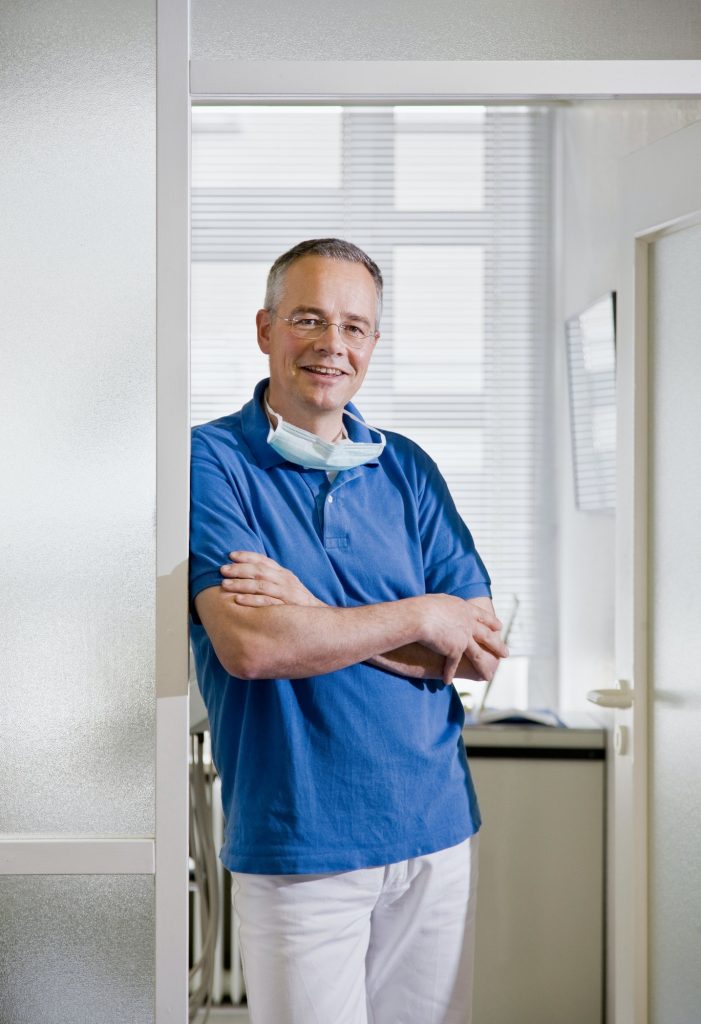✓ Fact Checked 🕓
❙ Our team of writers, editors, and medical experts rigorously evaluates each article to ensure the information is accurate and exclusively cites reputable sources.
❙ We regularly assess how the content in this article aligns with current scientific literature and expert recommendations in order to provide the most up-to-date research.
Pacemakers and Dental Health
Cardiac pacemakers are vital devices for people with heart problems as they help maintain a healthy heart rhythm. However, these devices are sensitive to electromagnetic signals, including some generated by dental equipment. In this article, we will explore how to care for a cardiac pacemaker during a dental visit, ensuring patient safety. Although newer-generation pacemakers offer better protection, it is essential to take extra precautions in the dental office. In addition, we will see the relationship between dental health and cardiovascular diseases, highlighting the importance of oral care.
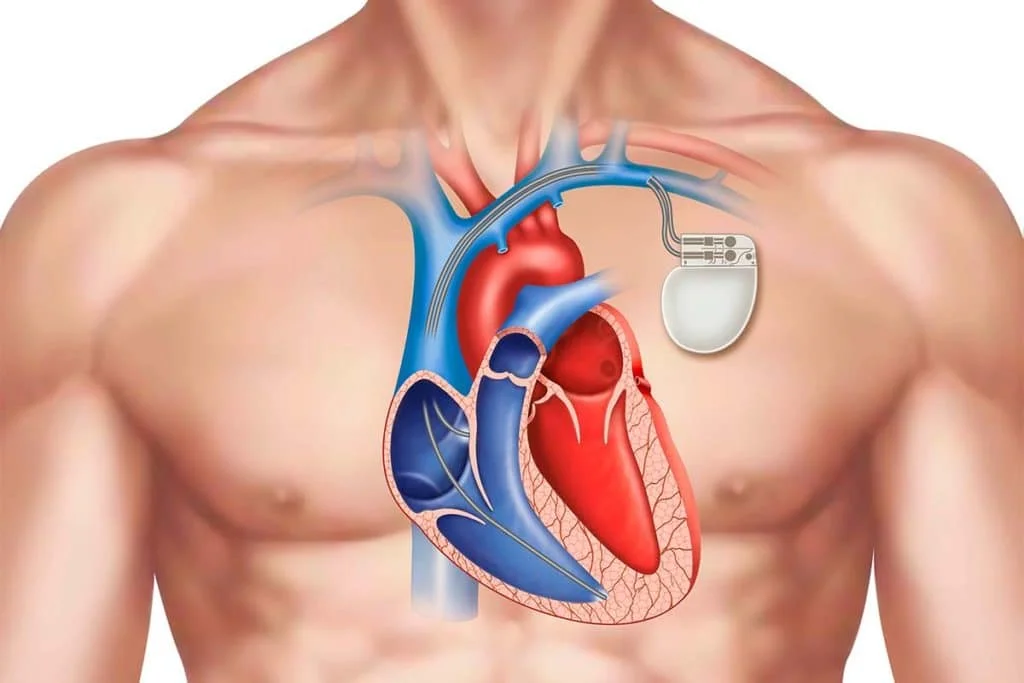

The Importance of Dental Health
Dental health is a crucial component of overall health. According to the American Academy of Periodontology, there is a close relationship between oral health and cardiovascular diseases. This means that proper dental care can have a significant impact on heart health. Therefore, people with cardiac pacemakers must pay special attention to their oral health.
Patients with Pacemakers and Dental Health
Before undergoing any dental procedure, inform your dentist about any previous surgery or heart problems. This will allow the dentist to take the necessary steps to ensure a safe and hassle-free experience. Communicating the presence of a pacemaker will avoid any electromagnetic interference that may arise during treatment.
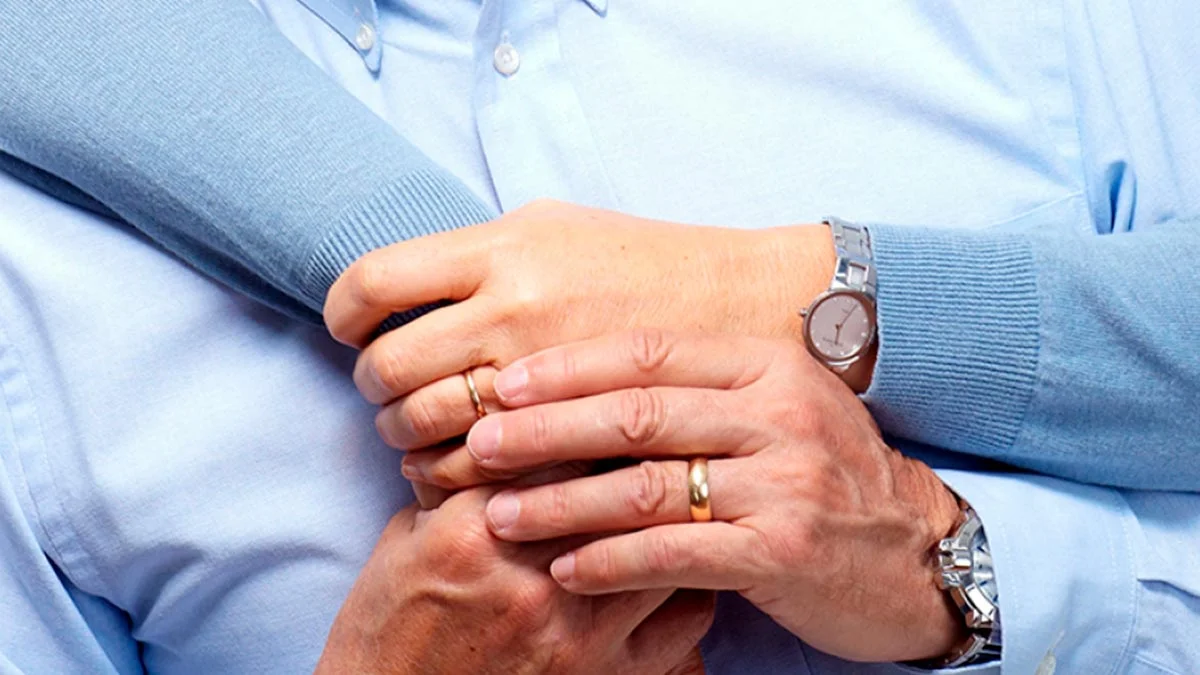

Dental Equipment that can Interfere with Pacemakers
Some dental equipment can affect the activity of a cardiac pacemaker. Below, we will identify the most commonly used equipment that could negatively interfere with it and provide guidelines for safe dental practice:
1. Ultrasound Scaler
An ultrasonic scaler is used in dental cleaning to remove calculus located under the gums. The American Academy of Periodontology recommends avoiding the use of magnetostrictive ultrasonic scalers in patients with cardiac pacemakers, as they may affect the patient’s cardiac health. Instead, your dentist will likely recommend performing the procedure manually, which takes more time but ensures the integrity of your health.
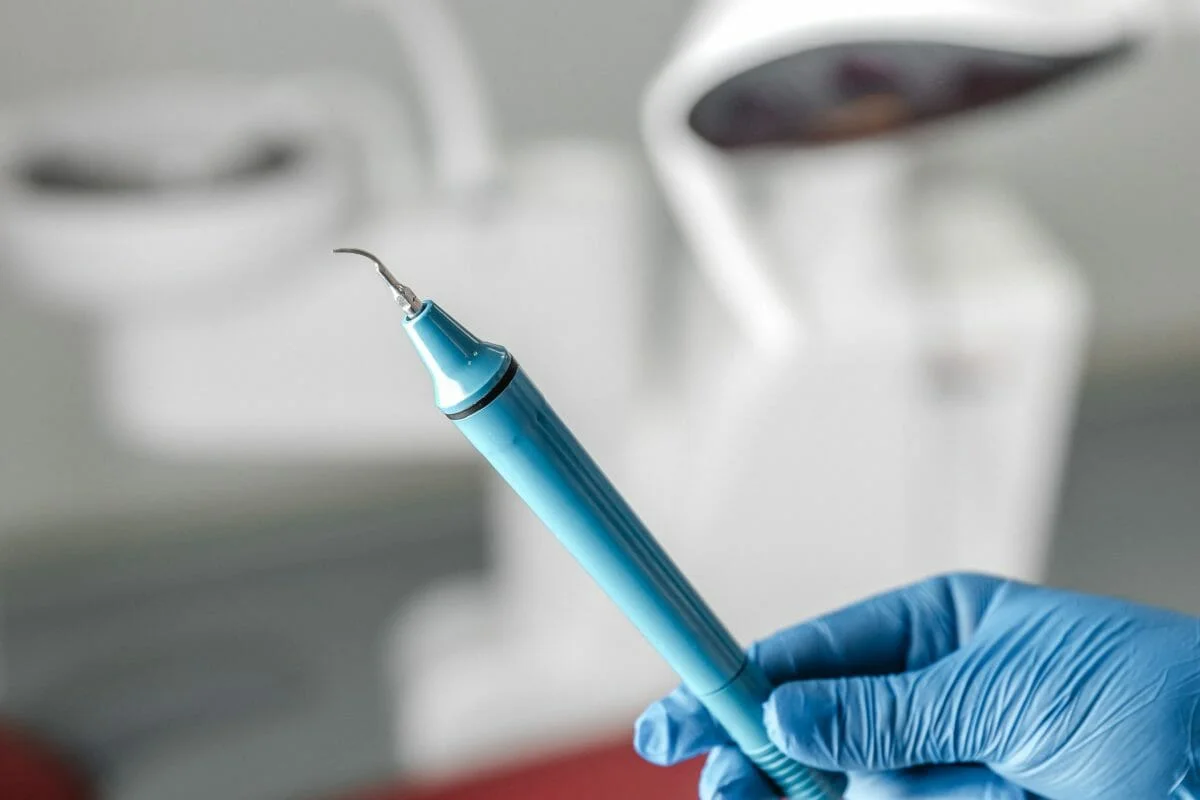

2. Electrosurgery Units
The use of electrosurgical equipment may cause interference with the normal operation of pacemakers. Therefore, it is suggested to avoid its use. Although these units are used to prevent bleeding during small incisions, other techniques can achieve the same result safely.
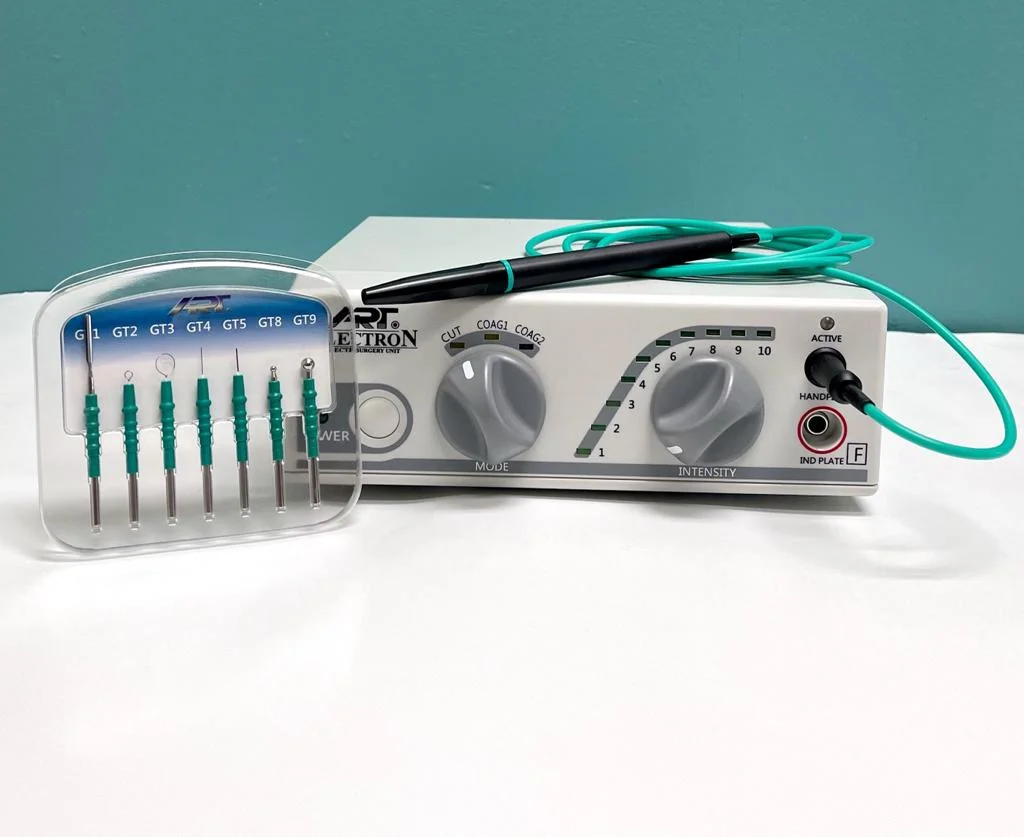

3. Light Curing Unit
There is evidence that this unit, which generates light to harden some materials in the dental office, can disrupt the functioning of pacemakers. Your dentist will evaluate the use of materials with other types of activation to ensure your safety.
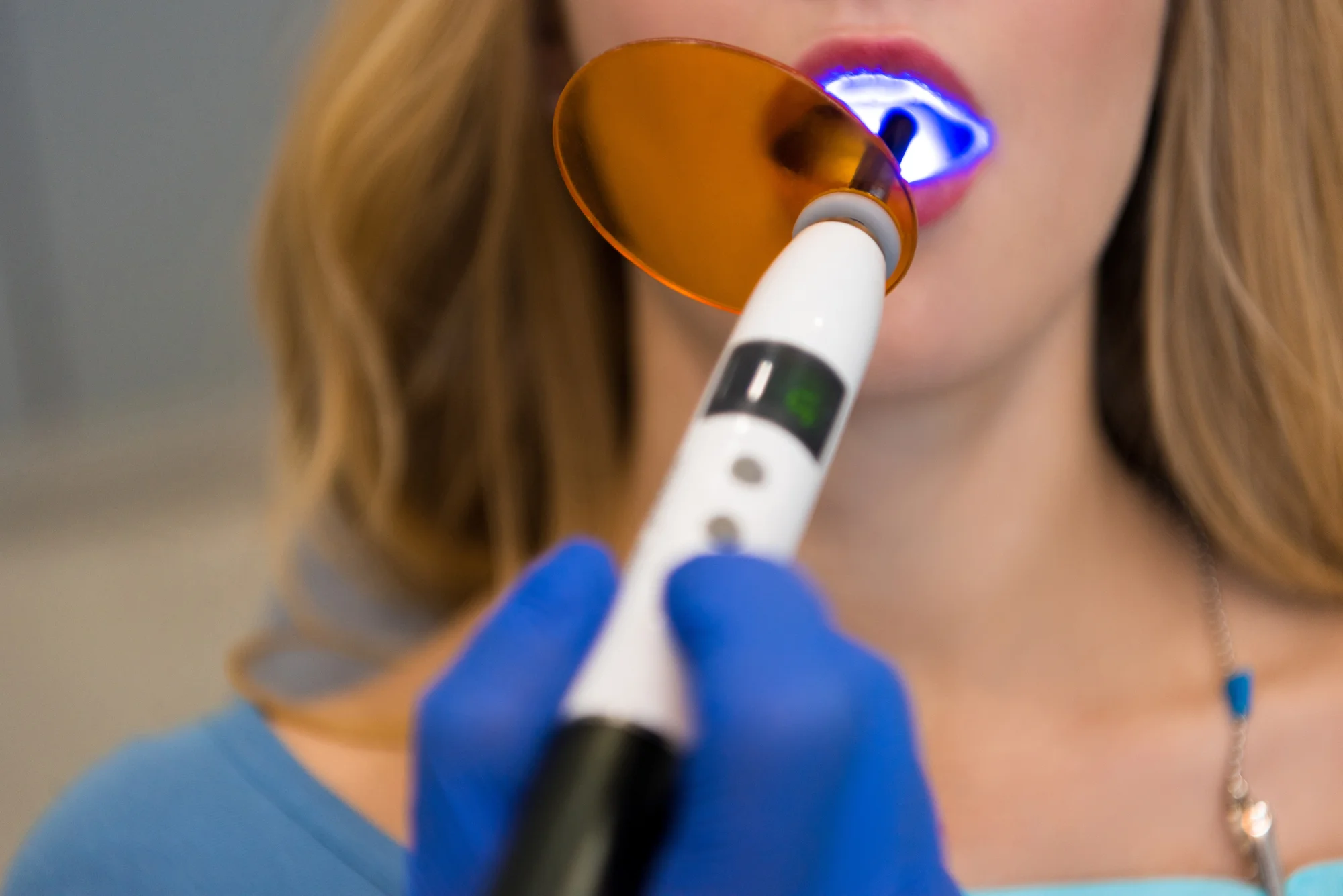

Preventive Measures in the Dental Office and at Home
Patients with cardiac pacemakers are at increased risk of bleeding and infection in the dental office and are also prone to electromagnetic interference generated by dental devices. Dental professionals should consider the following precautions when treating these patients:
1. Information
People with cardiac pacemakers need to know vital information about their device – such as the manufacturer, model, serial number, date of implantation, and mode of operation – and share the information with their dentist. This will help the dentist better understand the situation and make informed decisions.
2. Interconsultation
Your dentist will likely request a consultation with your cardiologist to inform the specialist about the procedures to be performed and obtain special recommendations for successful treatment.
3. Instruments
For oral prophylaxis, your dentist may prefer to use hand-held instruments, although piezoelectric scalers have been documented to be safe as long as they are standardized equipment.
4. Protection
Your dentist may cover your pacemaker with a lead apron that will offer protection from electrical signals and, therefore, prevent potential interference.
5. Hygiene
The American Academy of Periodontology recommends performing dental hygiene only with manual toothbrushes. If you must use battery-powered toothbrushes, maintain a distance of at least 15 centimeters between the battery charging unit and the implanted device, and a distance of more than 2 centimeters between the toothbrush and the implanted device.
Conclusion
Caring for a cardiac pacemaker during a dental visit is essential to ensure patient safety. Communicating openly with the dentist, informing him or her about the pacemaker, and following recommended precautions are essential. The relationship between oral and cardiovascular health further highlights the importance of maintaining good dental health.
Frequently Asked Questions
What is the Influence of a Pacemaker on Dental Treatment?
Because a pacemaker uses electrical signals to assist the heart in maintaining its proper rhythm, the dentist may choose to avoid certain devices that could interfere with the pacemaker’s effectiveness. It is essential to be transparent and comprehensive in disclosing your medical history to ensure that your dentist provides you with the safest and well-coordinated dental care possible.
Should I Inform my Dentist that I Have a Pacemaker?
If you require medical or dental treatment, it is crucial to inform your dentist or physician about your pacemaker and present your Medical Device Implantation Card. The healthcare team can establish communication with your cardiologist and collaborate to determine the most appropriate treatment for both you and your device.
Why is it important to inform my dentist about my cardiac pacemaker?
It is essential for your dentist to be aware of your pacemaker to take precautions and avoid electromagnetic interference during procedures.
What should I do if my dentist recommends avoiding certain dental equipment?
Follow your dentist’s recommendations and trust that they will choose safe and effective methods for your treatment.
Is it safe to undergo oral prophylaxis with a piezoelectric scaler if I have a pacemaker?
Yes, as long as the equipment is standardized and your dentist considers it safe.
Should I be concerned about dental hygiene if I use a battery-operated toothbrush?
No, as long as you maintain the recommended distance between the device and the toothbrush during use.
Share:
References
1. American Academy of Periodontology. (2022). Oral Health and Cardiovascular Disease. https://www.perio.org/consumer/heart_disease
2. National Heart, Lung, and Blood Institute. (2022). Pacemakers. https://www.nhlbi.nih.gov/health-topics/pacemakers
3. Conteh, D. (2015). Patients with pacemakers – CPD. BDJ Team 2, 15110. https://doi.org/10.1038/bdjteam.2015.110
4. ADA. (n/d). Cardiac Implantable Devices and Electronic Dental Instruments. https://www.ada.org/resources/research/science-and-research-institute/oral-health-topics/cardiac-implanted-devices-and-electronic-dental-instruments
5. Kamal R, Dahiya P, Saini HR. Dental treatment in patients with cardiac pacemakers: Is it a risky aair? J Dent Res Rev 2016;3:76-8. doi: 10.4103/2348-2915.184213


